The Grateful Dead have been in quite the spotlight this past year with it being the band’s 50th anniversary and the shows they hosted to mark the occasion. After a 10-year hiatus Jazz is Dead breathed new life for a special reunion that took place August into early September, with a few shows scattered around the calendar into 2016. Jazz is Dead’s 2015 reunion is comprised of Jeff Pevar (guitar), Alphonso Johnson (bass), Rod Morgenstein (drums), Tom Constanten and Chris Smith (keys).
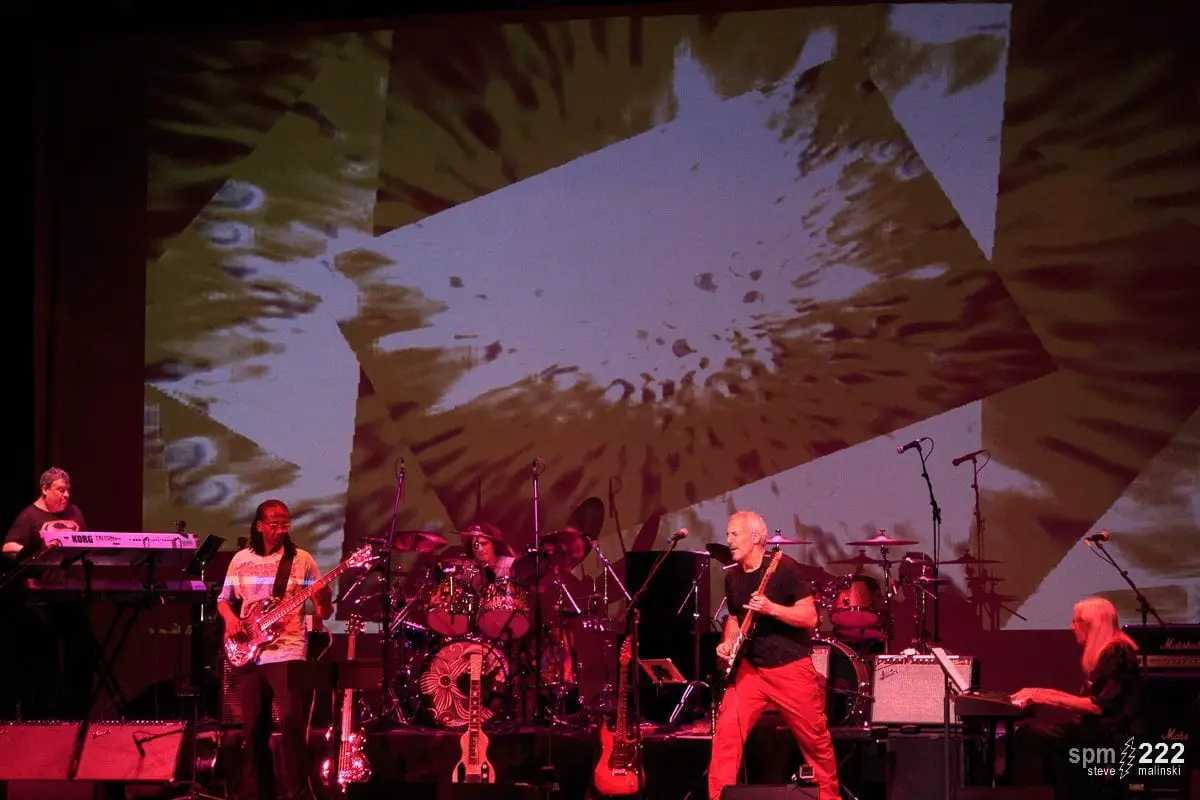
As the Grateful Dead’s keyboard player for a few years alongside Ron “Pigpen” McKernan, Tom Constanten gave Jazz is Dead a direct inject of Grateful Dead experience. Though his recording and performance time with the Dead was relatively short, his early-formed lifelong friendships with Phil Lesh and Jerry Garcia and time with the band has has rung throughout his life. After a recent Jazz is Dead performance as part of a bill with Jefferson Starship at The Ridgefield Playhouse, we chatted with him about his experiences over the years.
Steve Malinski: How is the tour going?
Tom Constanten: Absolutely wonderful.Everybody in the whole outfit is so excellent both on stage and off. The music is on a roll, each night the music is better than the previous night. I just look forward to waking up every morning.
SM: How did you get involved with this round of Jazz is Dead?
TC: I’ve been involved touring with Jefferson Starship over the last ten years or more and this is an extended family much like the Grateful Dead scene. One thing led to another. It’s almost like prom night in the back of the barn. You know, things happen and here I am.
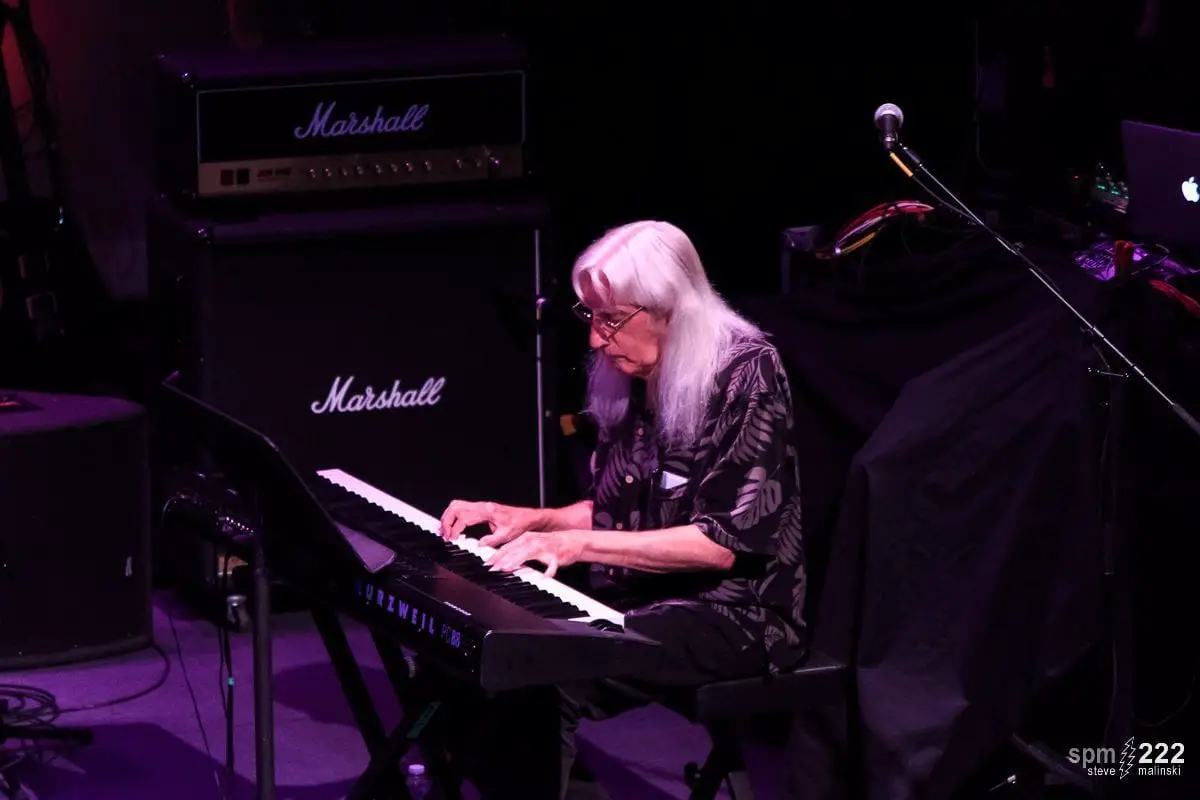
SM: Given that you’ve had the experience of playing with the Grateful Dead, how different does Jazz is Dead feel musically?
TC: Oh, it is very different and refreshingly so. I’ve been playing with a varying number of bands over the last few decades who pride themselves on getting themselves as close as they can to the original and I’m really delighted to get away from that. One of the signs as to how much fun it is for me is none of the tricks in my bags of tricks work! I have to think of new ones and I find that challenge totally delightful. I’m plowing new furrows in my brain; I’m getting out of the rut. And being around such top-notch musicians challenges me, stimulates me. It’s like no other band I’ve played with.
SM: This was my first time hearing Jazz is Dead and to use your word, it’s definitely one of the most refreshing takes on the Dead that I’ve heard.
TC: Yeah, we fly outside of the box and think under the radar. And what you hear is the result.
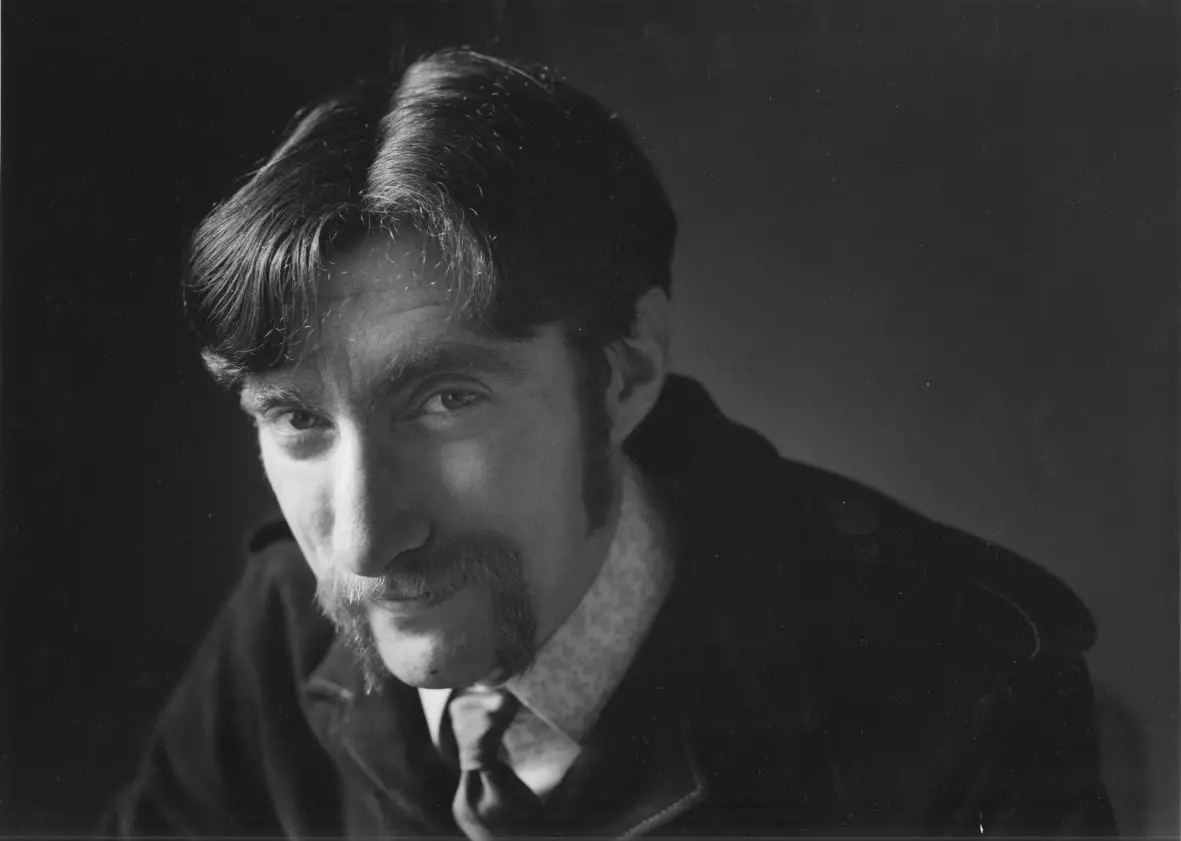
SM: Going back to the roots of your involvement with the Dead, how much of an impact has that had on you over the years?
TC: Oh, immeasurable. Immense and immeasurable. I met Phil Lesh in the summer of 1961. He introduced me to his friend Jerry Garcia. Big brother Phil was 21 years of age. Jerry and I were teenagers, he was 19, I was 17, and none of us could have imagined where this was going to lead but it had delightful turns, exciting turns, and occasionally mind-blowing. Definitely unpredictable. Over the years I’ve developed a taste for that. I really like it that way.
SM: This summer marks the 20th anniversary of Jerry’s passing. What was it like to have the experience working with him?
TC: Well, like I said, we’ve done it since we were both teenagers. On stage and off, back in the early ’60s he was mainly into the Appalachian folk music. He had not yet taken up the electric guitar. Once he incorporated the blues literature in his playing, something electric happened and the rest is history.
SM: What are some of your thoughts or reflections on the Dead’s 50th anniversary Chicago shows and all the attention they’ve been getting?
TC: I’m glad they continue – I celebrate their success. I did not go to the Chicago shows. My take on that is if they invited me I would go willingly. There were a number of other invitations I got to go there but they all seemed… it seemed like I would be crashing their party and I didn’t really feel welcome by those invitations. They varied from tacky to creepy, not something I would want to be a part of. But like I say, if they invited me, I would have gone willingly. But it’s been a while since I’ve played with them and since I’ve played with them I’ve been playing with Jefferson Starship, Big Brother and the Holding Company, Quicksilver Messenger Service, Country Joe & The Fish, and it’s like I got out of the frying pan and into the lake.
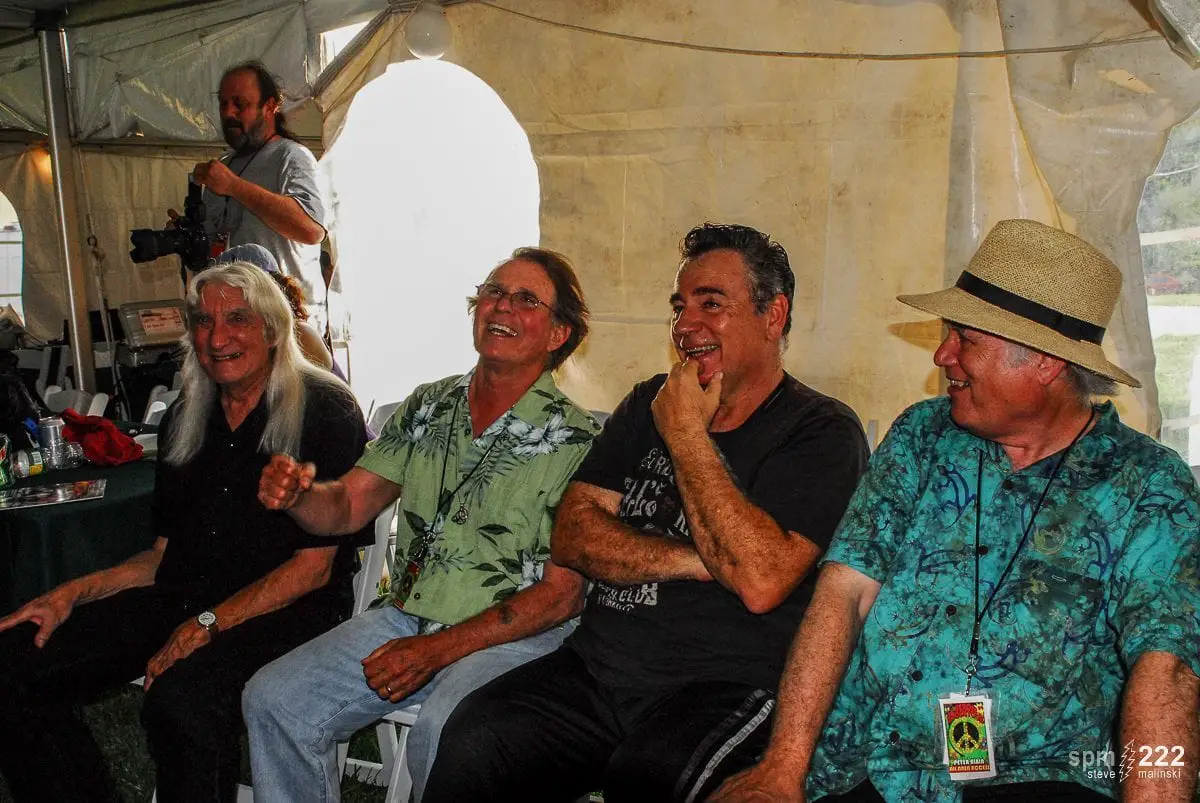
SM: Last time we spoke in 2009 about a week before the Woodstock 40th Anniversary show at Bethel Woods, you mentioned that you were looking forward to getting back to the site and playing some music in that setting. So, what was it actually like for you?
TC: Well, there are so many such settings. Over the past ten years, it’s been like a perpetual homecoming. Meeting long time old friends, making new ones. The line started to blur between them. It just lumbers on in the most entertaining and delightful way.
SM: As an engineer by day, I’m a fan of numbers and math and remember reading at some point you have a knack for number systems and whatnot.
TC: One of my mentors when I was a student in Europe, Henri Pousseur – I worked in his studio in Belgium for a couple of months. He was very much into applying mathematical models to music. In fact he has a [1958] piece for two pianos called “Mobile” and it’s a mobile score. Either or both pianos will start anywhere in it and there are certain rules to the road on how to proceed and I’s designed to turn up fascinating sounds whichever way you go.
SM: Going back to the Dead, would you, going forward, be willing to join up with them again?
TC: Of course I would but I’m not holding my breath. For one thing their evolution over the last forty years has been way different than mine. Their experience has been extremely different. I don’t know what it would be like playing with them again. It’s like, here I am, a 4-stripe sergeant and they’re generals, that sort of thing. The relations and connections with them have been totally friendly. It’s just uncertain what it would be like. I’m not shy, I’m not hesitant. I’m just basking in the unknown as I often do.
SM: Well, with the number of side appearances that are popping up, it seems like there’s always that opportunity for an invitation to pop up.
TC: Well, after the passage of four or five decades, people start to cultivate issues with each other, I know it’s much more complicated for them than it is for me or any of my colleagues who played keyboard for them, So I’m extremely hesitant to be judgmental because I know it’s much more complicated and sticky for them. So, bless them and may they live long and prosper.
SM: As Spock says.
TC: Yes indeed, I’m showing my split fingers to the microphone.
SM: Aside from Jazz is Dead, what other things are you up to?
TC: I’ve been travelling more as a solo act lately doing piano recitals, showing off the breadth of my material – ’60s material, stuff back to Bach, Chopin, Rachmaninoff, Brahms. I’ve played all of them and likely to try them at any time. I’ve also been working with Bob Bralove in an improvisational duo called Dose Hermanos – “dose” as in a measurement of medication not the number. We are the antidote to rigid, structured, stratified thinking. And also in the past year or so I’ve been working with a string quartet. I would prepare arrangements of music of the ’60s like “Eleanor Rigby” and Peter Rowan’s “Free Mexican Airforce” and I do the vocals and play along and have an awful lot of fun doing that. We have another show like that coming up in a couple of months. And these things are keeping me delightfully occupied.
SM: Well, that’s about all I had in mind this evening without going on for a while longer. So Tom, I greatly appreciate you spending a few minutes with me here and I’m sure we’ll chat again sometime down the road.
TC: I look forward to it. Thank you for your kind attention.
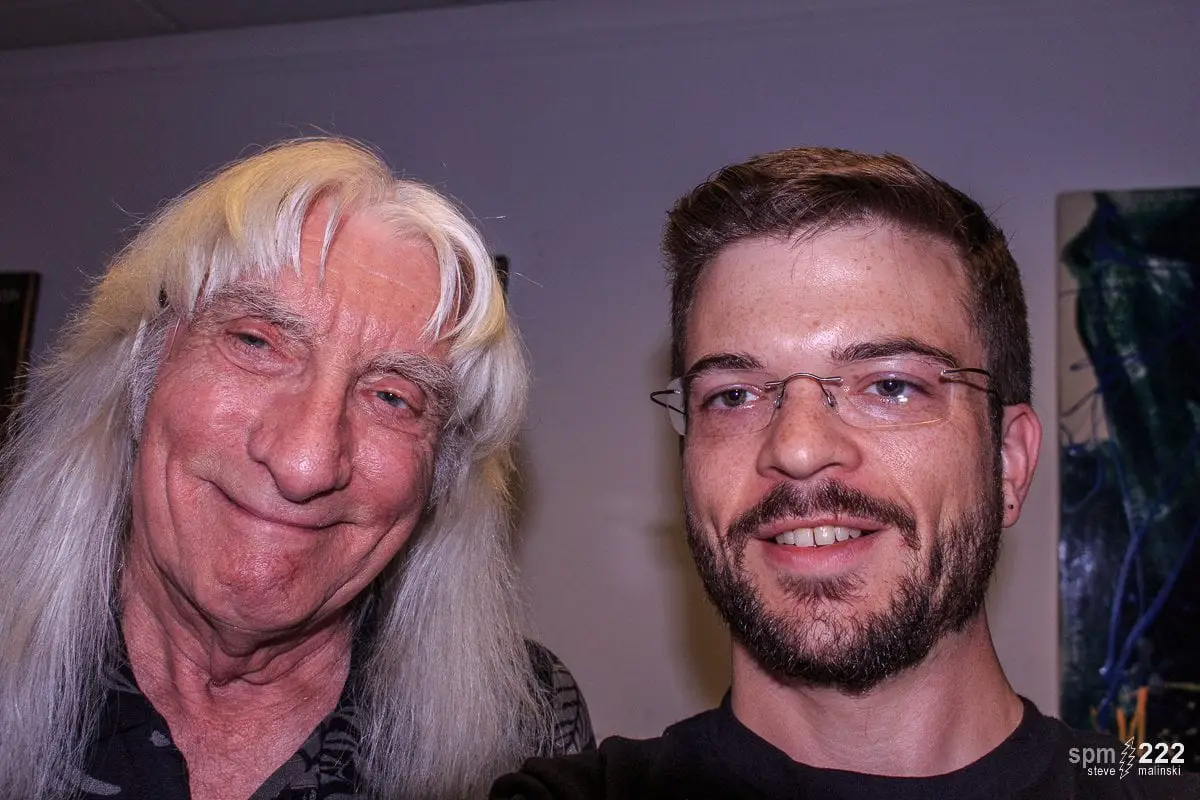


Comments are closed.